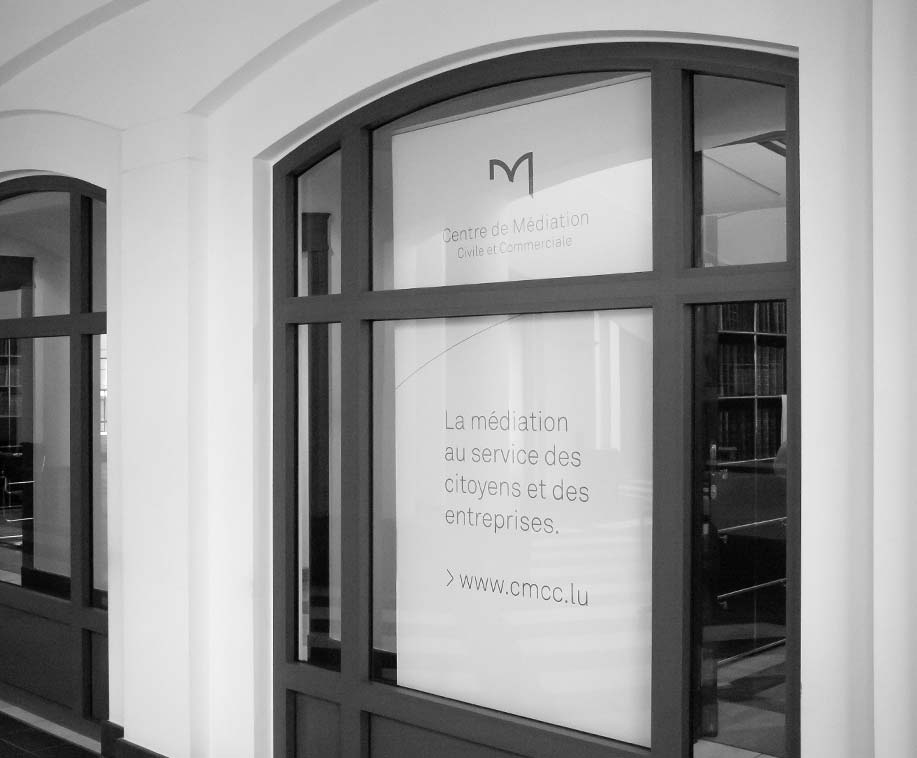Luxembourg Arbitration Center
The CMCC and the Luxembourg Arbitration Centre (“LAC”) cooperate intensively in the field of alternative dispute resolution in order to offer conflicting parties the best possible advice on suitable dispute resolution procedures.
The Arbitration Centre of the Chamber of Commerce of the Grand Duchy of Luxembourg, also known as the Luxembourg Arbitration Centre (LAC), was founded in 1987 to offer an alternative to judicial dispute resolution, which is often too lengthy, too costly and ill-suited to the technical aspects and complexity of today’s business world. The LAC has its own Arbitration Rules, which were updated on 1 January 2020.


